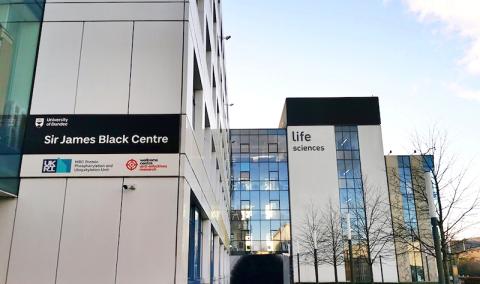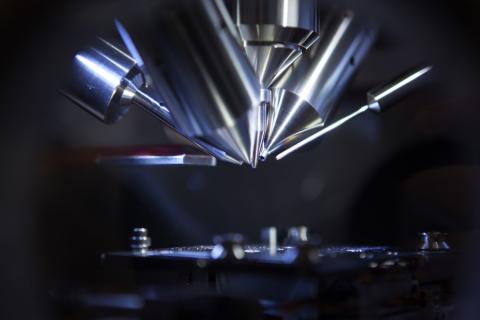
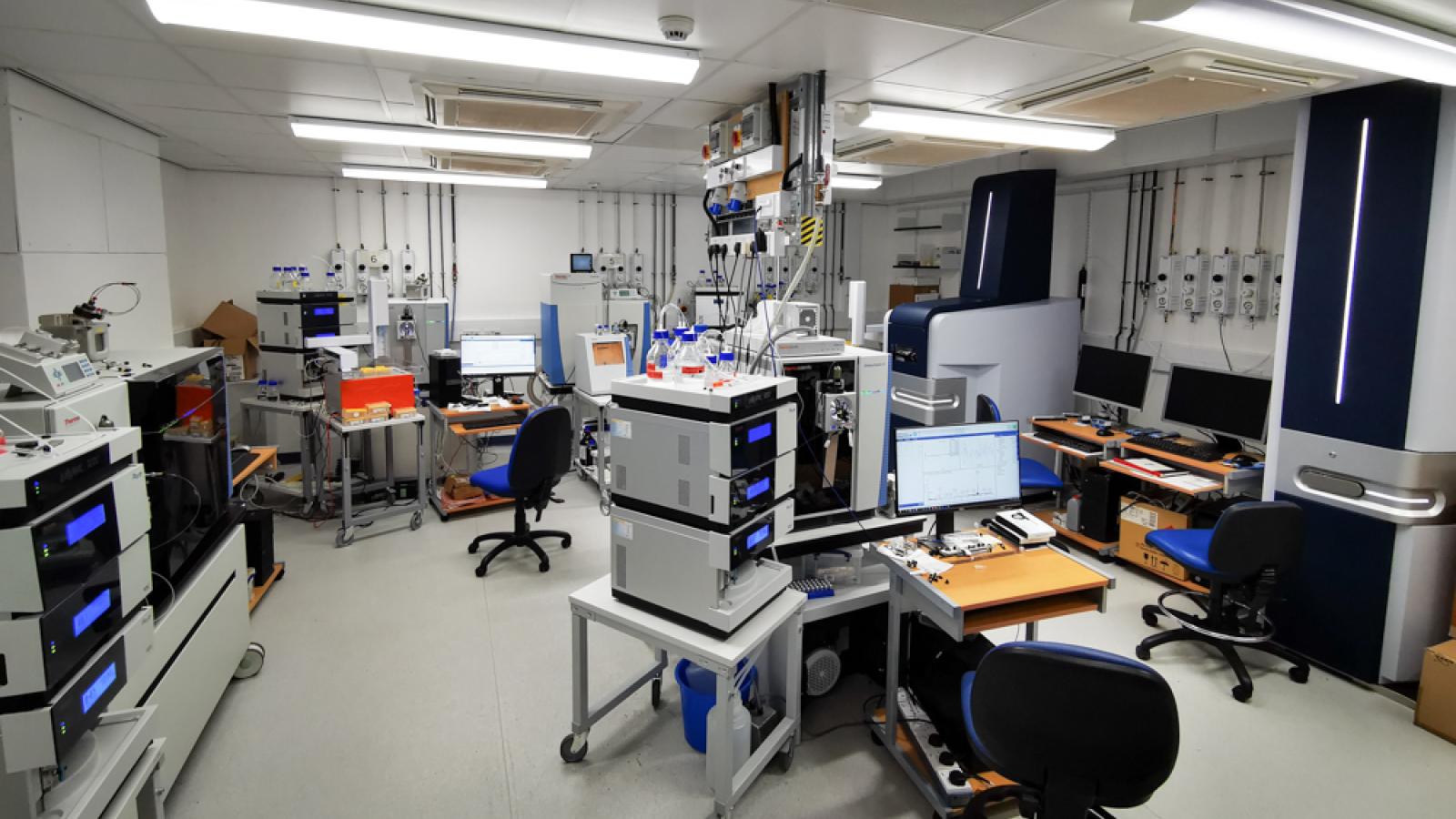
Proteomics Platform

The platform is making a big impact facilitating new collaborations, and supporting knowledge sharing between different groups that wouldn't have occurred previously.
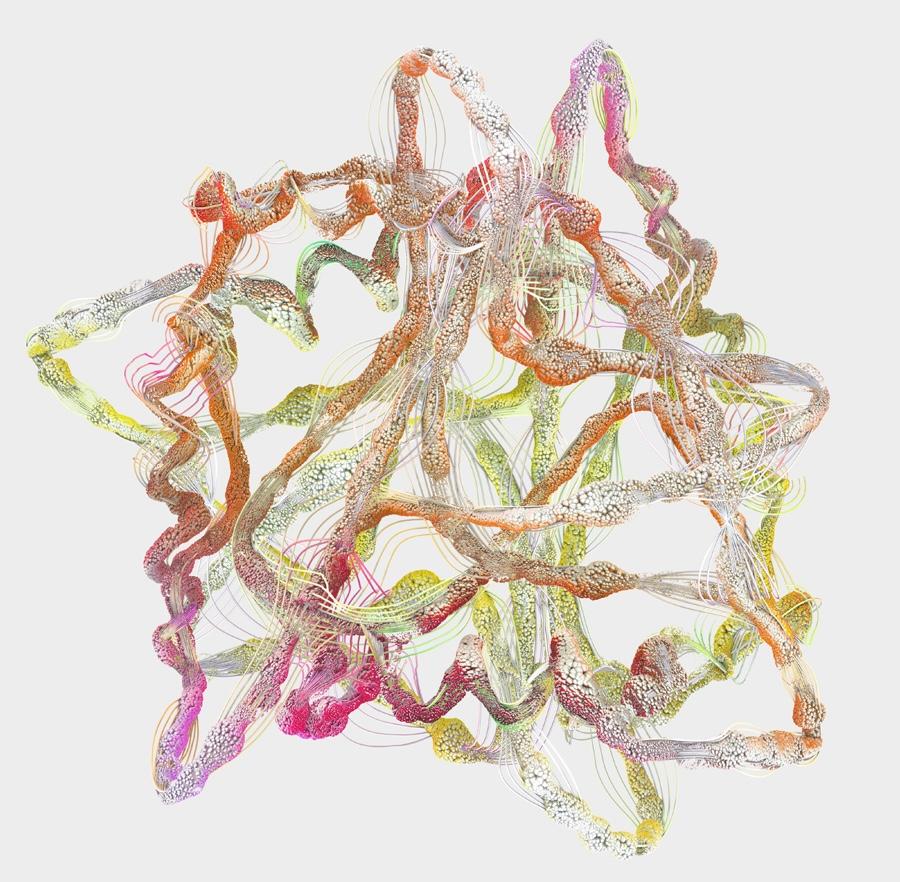
What is proteomics?
Proteomics is the study of the composition of proteins in cells and tissues. Since proteins are responsible for many of the functions of cells, proteomics can give an insight into molecular processes and their regulation. Identifying the proteins in tissues, either in total or in a particular protein subset, require a technique known as mass spectrometry.
Mass spectrometry is a method used to identify and quantify all of the proteins in a sample by very precisely measuring their molecular mass. The outputs of the instruments, known as mass spectrometers, are called ‘spectra’, which contain information on the mass and relative amount of each protein in the sample. Using bioinformatics we translate spectra into a table containing the names of the proteins in our sample, and how much of each one the sample contains. This allows us to compare multiple samples and very precisely identify any changes in the proteins between, for instance, diseased and non-diseased tissue. Proteins which change with disease in form or amount can lead to further research, including into whether they would be suitable drug targets.
A platform offering new insights
The UK DRI Proteomics Platform provides access to world-class mass spectrometry expertise and cutting-edge instruments for UK DRI researchers, including advice and training in designing and carrying out experiments and analysing the resulting data.
The Platform developed from collaborations with Prof Dario Alessi and the MRC Protein Phosphorylation and Ubiquitylation Unit at the University of Dundee, where it is based, and is run by Dr Beth Geary and Dr Karolina Faber. The team have access to multiple mass spectrometers, including several high-sensitivity instruments (Bruker SCP and Orbitrap Astral). They use these to carry out protocols to examine proteins in diseases including Alzheimer’s disease, and using this facility they can accurately measure proteins from very small numbers of cells or amounts of tissue.
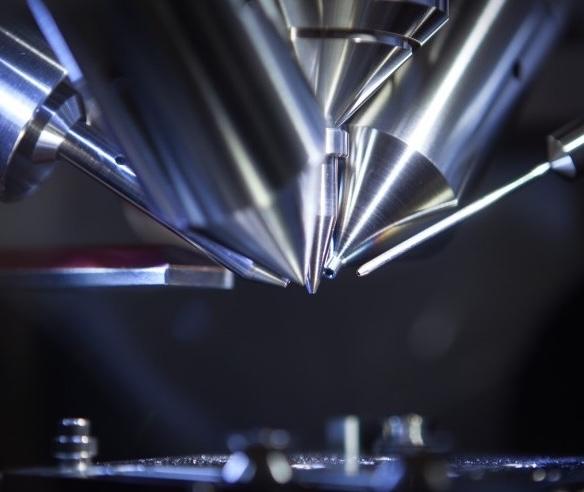
Latest news
